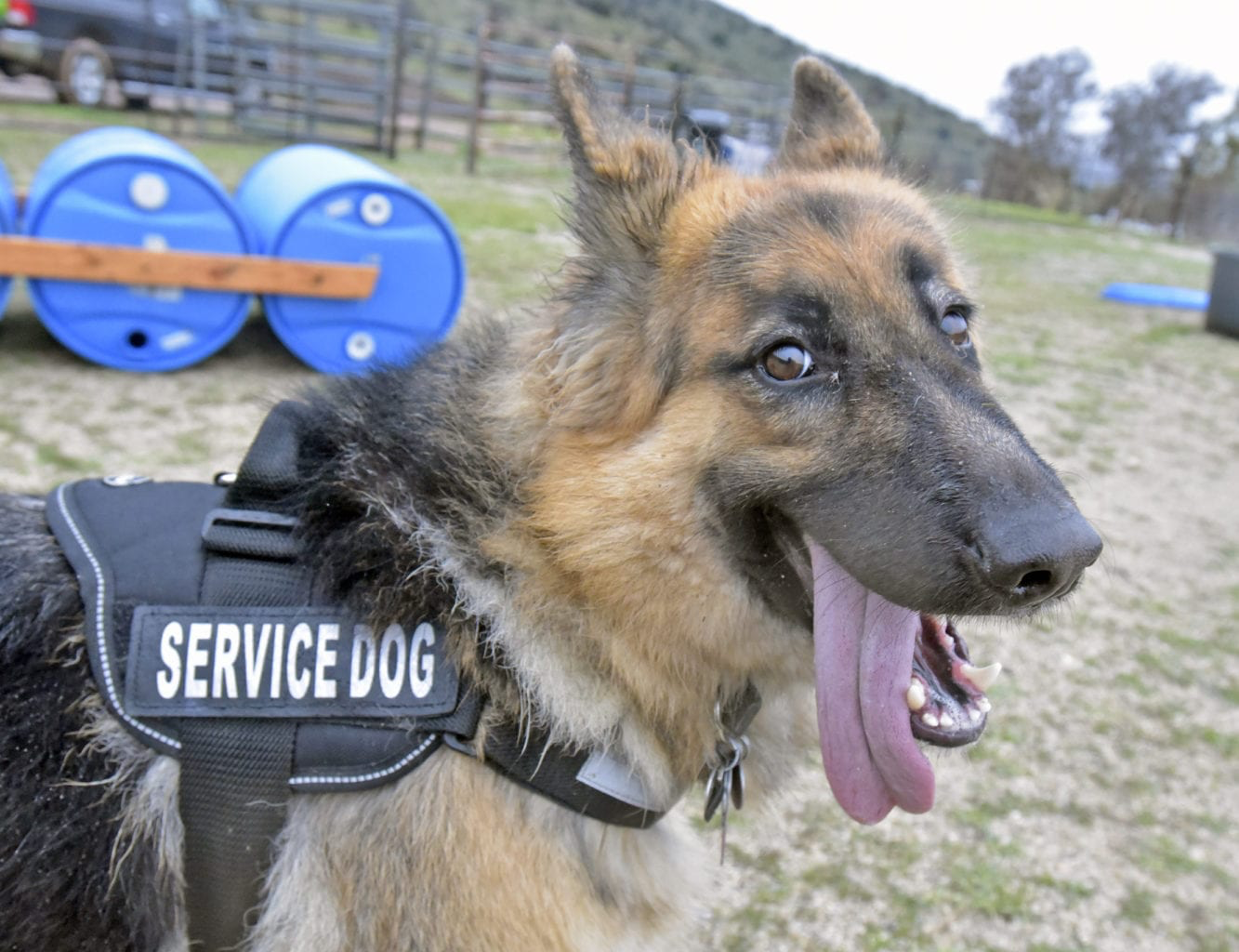Service and Support Animals

Service Dog Defined
A "service dog," under California law, is a dog trained to help a specific individual with a disability with services such as fetching dropped items, minimal protection work, rescue work, or pulling a wheelchair. There are two important things to note about the California's definition of service dogs. First, it is limited to dogs. (But because the ADA authorizes the use of miniature horses as service animals in some limited circumstances, California does as well.)
Second, it is further limited to dogs that are trained to help individuals with their specific requirements. So, no animal other than a dog can qualify as a service animal, even if that animal is trained to assist a person with a disability. Furthermore, even a dog will not qualify as a service dog if it is not individually trained to help an individual with a disability (in a way that is related to his or her disability).

"Psychiatric" Service Dog Defined
California doesn't have a separate definition for "psychiatric service dog," but a dog that is individually trained to help a person with a mental disability with specific requirements is considered a service dog, and an individual that uses such a dog is entitled to the same rights under the law as someone with a physical disability that uses a service dog.
Examples of work or tasks that a service dog can be trained to perform for someone with a mental disability include:
- waking someone with clinical depression and coaxing them out of bed at a specified time in the morning
- responding to an owner's panic attack by initiating contact to comfort the individual, and
- alerting a person exercising poor judgment due to bipolar disorder that they are driving dangerously.

Emotional Support Animal Defined
An "emotional support animal" is a dog or other animal that is not trained to perform specific acts directly related to an individual’s disability. Instead, the animal's owner derives a sense of well-being, safety, or calm from the animal’s companionship and presence. An emotional support animal does not need to be a dog, but can be. (For more on the basic difference between service dogs and support animals, see Nolo's article on service dogs and support animals.)
To learn more about what service dogs and emotional support animals are and the rules and regulations around having one in San Francisco, the following link is a great resource. There are also guidelines in English, Spanish, Chinese, and Tagalog.